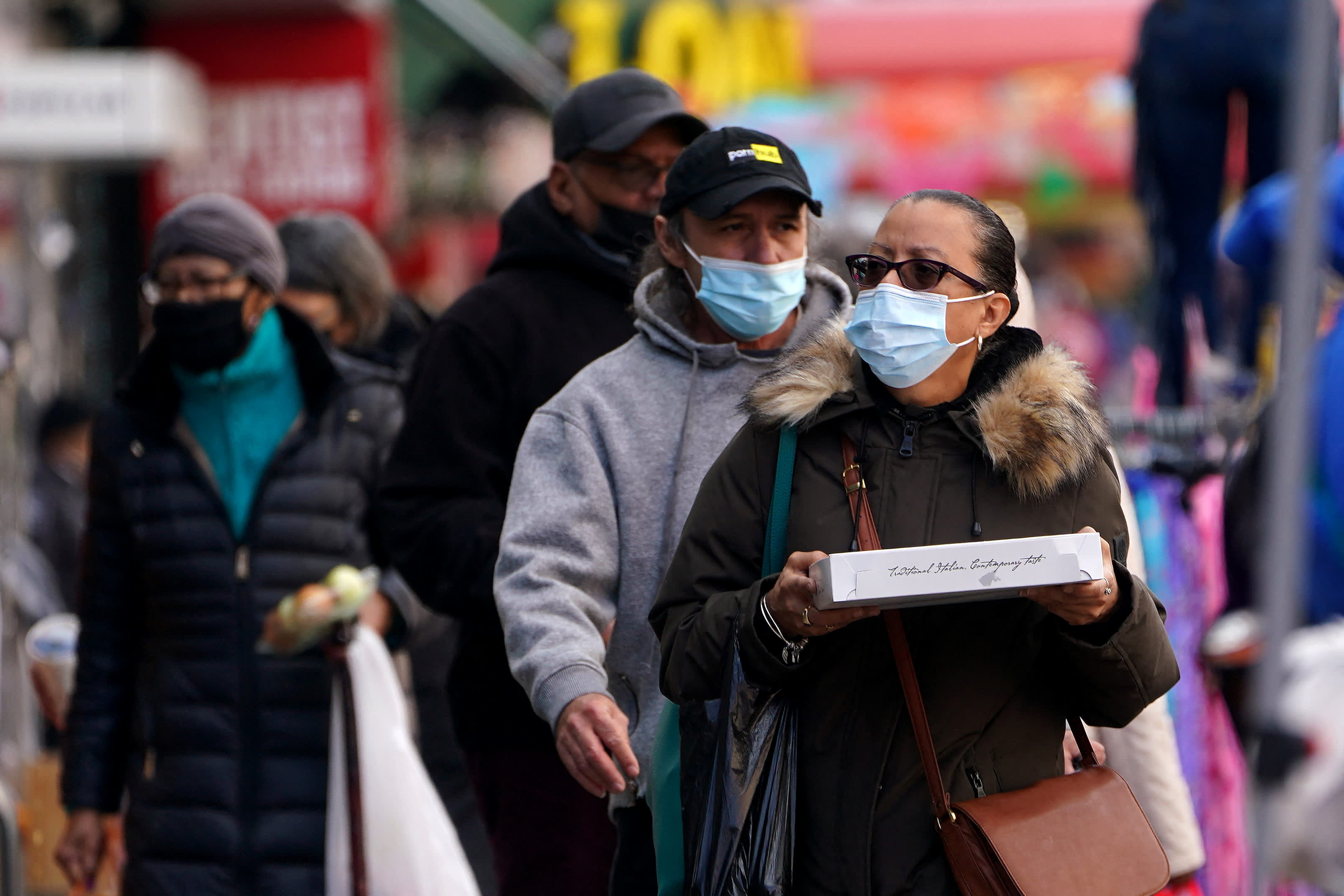Waking up day after day to gray skies and icy temperatures can bring on what’s known as cabin fever, and Chicago residents may be all too familiar with its effects.
“Although it's not a mental health disorder, it is definitely a condition that is affected by the weather and us just being in like indoors for long periods of time,” said Logan Spicer, a licensed clinical professional counselor with Thriveworks in Chicago.
According to experts, symptoms of cabin fever can include:
- Irritability
- Moodiness
- Restlessness
- Insomnia
- Anxiety Over Small Things
- Difficulty Focusing
Feeling out of the loop? We'll catch you up on the Chicago news you need to know. Sign up for the weekly Chicago Catch-Up newsletter here.
“Many, many people are going through this at this very same time,” Spicer said.
Who’s at risk for cabin fever? Theoretically, anyone can be, but mental health experts say some people are more susceptible, including people who live alone, those who have stressful jobs, or people who are simply extroverts and who need interaction with other individuals.
“They're going to feel the effects more because of their isolation and being cooped up. And I'd also say people who already have anxiety and depression, those are just going to worsen,” Spicer said.
Health & Wellness
Missing out on sunshine could also be a medical reason for your moodiness.
Humans get a lot of our Vitamin D from the sun and spending time outside, so ask your doctor about getting a blood test to get your levels checked.
Spicer has a few more tips to help ward off the effects of that stuck inside feeling, including reframing your thinking.
“Instead of saying, ‘I have to stay in,’ say, ‘I get to stay in’ and maybe you get to finally do all those projects that you've never got to do inside your home,” Spicer said.
She also recommends using your creative side to help relieve stress through activities like painting, music or arts & crafts and sticking to routines whenever possible.
“Morning and nightly routines are the biggest ones. Those are the times where people get the most sad or depressed during those times, so significantly focusing on those routines will definitely help your health and your mental health,” Spicer said.
You can also use the tech skills gained during the pandemic to make virtual connections, as we wait for the warmer temperatures of spring time.



